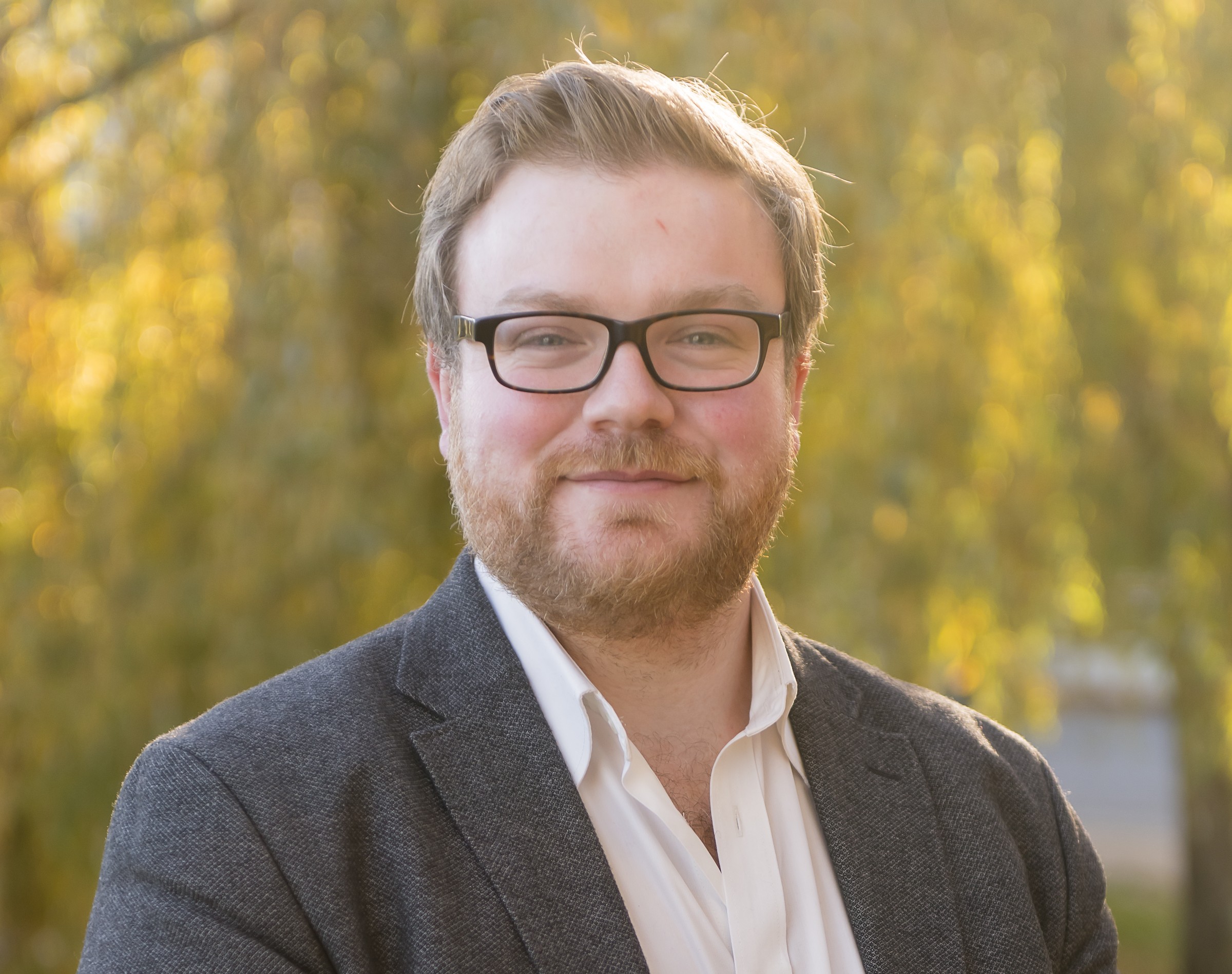A passion for digging into the evidence around alcohol use
When Anne Doyle studied psychology at Southampton, UK, research on the use and harm of alcohol was far from her mind. But today, as a Research Officer at the HRB Evidence Centre, the trends and impact of alcohol use in Ireland have become a central part of her work.
6 min read - 26 Jun 2024

When Anne Doyle studied psychology at Southampton, UK, research on the use and harm of alcohol was far from her mind. But today, as a Research Officer at the HRB Evidence Centre, the trends and impact of alcohol use in Ireland have become a central part of her work.
“I love working on alcohol research,” says Doyle, who is an author on three of the five overview reports the HRB has carried out to date on alcohol use and trends in Ireland.
“Alcohol can be a tricky subject to study and talk about, but it touches so many aspects of health and life in general, it’s important that we understand the trends so we can inform policy around reducing the harm.”
Changing trends
The most recent report Alcohol: availability, affordability, related harm, and policy in Ireland, launched in April this year, brought to light many trends in a changing society.
“We were particularly interested in this time period to see the impact of Covid-19 and social restrictions on alcohol use,” says Doyle, who co-authored the 2024 report with Dr Deirdre Mongan and Brian Galvin.
“The last report was published in 2021 in the depths of the pandemic restrictions, but while we saw a dip in heavy-episodic drinking in 2020 and 2021, we can see that drinking patterns returned to pre-pandemic levels in 2023. We were expecting a more dramatic shift, but overall, it may take years before we can really see how the pandemic affects drinking patterns and perhaps more importantly, the potential health effects.”
One of the findings of the 2024 report was that three-in-four people live within walking distance (300 metres) of a premises licensed to sell alcohol, and Doyle was particularly struck by how licensed premises are often close to schools.
“This is not about kids going to the pub, it is about normalising alcohol, children seeing the advertisements for alcohol on the umbrellas outside the pubs or signage for off-licences, the message is subtly sinking in that alcohol is part of everyday life,” she says.
Per capita decline
There are some encouraging signs, though, in the patterns the report found at a population level – overall, there has been a decline in alcohol use per capita over the course of the three last reports,
“We estimate these figures based on the amount of alcohol sold, then we apply that to the population, accounting for population changes, and we have seen that figure reduce in the last few years,” explains Doyle. “In the 2021 overview, Ireland ranked 9th for per capita in the OECD countries at 10.9 litres[1], in the 2024 overview that had fallen to 9.9 litres and we moved down that leaderboard to 16th.”
The trend towards more self-reported non-drinkers also stands out to Doyle. “In 2018, 25% of respondents in a nationally representative survey indicated abstaining from alcohol entirely, and this increased to 30% in 2023.”
The data also suggest a small but growing minority of young people who do not drink, and the reports show a pattern of decline in drinking among 15-24-year olds.
“From the available evidence, it is more common for young people to delay drinking now,” says Doyle. “But there are still many issues around alcohol use in the younger age group, and we know that those who start to drink at a young age are more likely to drink in a hazardous and harmful manner.”
The broad impacts of alcohol
Doyle has carried out HRB research in several other areas of health and social care, and alcohol is the factor she sees across the board – a sometimes quiet contributor that she tries to highlight where she can.
“I have done some research into illicit drug use, and when I presented along with HRB colleagues at the Citizens’ Assembly on Drug Use, I pointed to the evidence that starting to use alcohol at a young age is linked with the use of other drugs too,” she says.
Even a 2019 paper that Doyle worked on about around fire-related deaths cited alcohol as a potential contributing factor in over one-half of cases.
“Alcohol reaches into so many areas of health and harm across society,” she says.
Push towards policy
A key part of Doyle’s role is providing the evidence to decision-makers to inform policy. Communicating the research findings to the general public is also an important step in this process.
“We tend to get a lot of media coverage around the alcohol reports, both in print and broadcast,” she says.
“Although it is challenging knowing that some will have gone through the report with a fine-tooth comb, we know as researchers that we need to have the data as tight as possible and to ensure the findings of the report are based on evidence, on facts.”
Similarly, when she is talking to media or the Citizens’ Assembly or people in a position to influence policy around alcohol, Doyle appreciates the difficult nature of the subject sometimes.
“We have to talk about it, get alcohol on the agenda and get the evidence-based messages across,” she says. “And people do listen, because the HRB is a respected source of information, they know we only deal with evidence.”
Passion for research
Doyle has begun a PhD project at the University of Sheffield, looking at geographical characteristics of alcohol-related deaths in Ireland, including socioeconomic status and rural and urban environments.
“After my psychology degree I did a Masters in Health Promotion, and a Masters in social research methods, and then I wanted to do a PhD, but with work and a young family the timing wasn’t right,” she explains.
“Now, though, the kids are older, and last year I started my doctorate because I really love doing this kind of research, and because this particular question around the geography of alcohol-related deaths has not been answered for Ireland.”
Her experience in alcohol-related research has given Doyle a broad perspective on the need to highlight and communicate its role in harm and to encourage culture change.
“I think the research has highlighted to me that alcohol is an integral part of our culture in Ireland, and that it is associated with real harms,” she says. “It is important to have balance and sensitivity when engaging with people about the data, but cultures can and do change, albeit slowly.”
6 min read - 26 Jun 2024



